While the 2025 Sundance Film Festival ended last week, the films that premiered at the annual event are just beginning their journey from Park City, Utah to the rest of the world. At this year’s event, 87 feature films and six episodic projects made the cut from 15,775 global submissions looking to call the prestigious affair home.
“I think when we sit down and think about what films we want to include in the program, it really is a conversation around which films really speak to the moment, which ones really elevate to that stature of you want to be able to bring it forward immediately,” explained Eugene Hernandez the Festival Director and Head of Public Programming to VIBE ahead of Sundance. “I think that’s the case for sure with each of these films that we’ve included.”
With this intent, we were able to watch a handful of films which all served unique and creative purposes, whether it was to educate, entertain, or all of the above. Read below for our must-see films from the 2025 Sundance Film Festival.
-
‘Ricky’
 Image Credit: Courtesy of Sundance Institute
Image Credit: Courtesy of Sundance Institute
Starring Stephan James, Ricky was a powerful testament to the complex reality of reintegration from the viewpoint of how it not only impacts the formerly incarcerated but how everyone in their ecosystem is woven into a tangled world of red tape and the quest for repentance. James plays the titular character Ricardo Smith, a 30-year-old man recently released from prison after serving 15 years. Yes, as a teenager Ricky was sentenced to hard time for a violent crime. Perhaps too harsh seeing as though he served out his time in adult prison.
With his formative years spent behind bars, Ricky returns home to an unfamiliar environment, dealing with the psychological toll of his incarceration, his naivety, the tension between him and his family, the struggle to find and maintain normalcy, and the weight of his parole officer, brilliantly played by Sheryl Lee Ralph, on his back.
Through the story of Ricky and all of his sometimes self-caused struggles and simply unlucky fate, we understand that nothing is perfect in the real world. The film does not offer a glossy ending. We do not see a prodigal son experience glorious redemption propelled to unrealistic heights of humanity. Instead, we are challenged to understand and empathize with an honest story that mirrors the lives of everyday people.
-
‘Move Ya Body: The Birth of House’
 Image Credit: Courtesy of Sundance Institute/Vince Lawrence.
Image Credit: Courtesy of Sundance Institute/Vince Lawrence.
From director Elegance Bratton, Move Ya Body: The Birth of House is an in-depth look at the birth of House music in Chicago and how paths of the the pioneers of the now-global genre were not all paved with gold. With reflection from individuals who were in the midwestern city in the late 1970s, archival footage, reenactments, and commentary from experts, the nonfiction work offers multiple viewpoints of a storied history.
The documentary is not only a reminder of the power of music uniter of cultures and the powerful freedom on the dance floor, but also the violent, racist beginnings of a movement that emerged from the hips of Disco. Bratton confronts the intentions of the infamous disco demolition and attempts to silence disco by Steve Dahl, the origin story of how Screamin’ Rachel a white woman came to recognize herself as the “Queen Of House,” the unsavory business practices that blocked Jesse Saunders and Vince Lawrence getting their just due, and the overarching theme of Black artist’s contributions being ignored (sometimes purposely) resulting in modern-day House being led by non-Black DJs.
In full, Move Ya Body: The Birth of House emotes a beautifully complex story that celebrates the genre and all involved in its success in their own words with care for the communities from which it derives and focus on how the originators’ DNA lives through the 4/4 time signature that blares through speakers globally.
-
‘Love, Brooklyn’
 Image Credit: Courtesy of Sundance Institute
Image Credit: Courtesy of Sundance Institute
In Love, Brooklyn, Roger (André Holland) plays a writer who finds himself struggling to pen an essay about his beloved borough as the neighborhood and his personal life both experience uncomfortable changes. The city of Brooklyn—which appears in the film as more subdued with an almost dream-like stillness and unlike the colorful borough described in rap lyrics and other forms of media—is the vessel that carries each character safely through their journey of self-realization, for better or for worse.
While avoiding his editor, Roger finds himself entangled in a sexual relationship with single mother Nicole (DeWanda Wise) as well as clinging on to the best parts of his relationship with ex-girlfriend Casey (Nicole Beharie). In all three situations, he is forced to face harsh realities, recognizing that while change might be uncomfortable, it might not be all bad.
“Things I assumed were permanent, disappeared,” he comes to understand on his journey to self-realization. Roger is not the only one who is forced to accept an evolving world. Nicole has to confront her guilt in her desire to move on as she grieves her late husband. Casey must deal with the threat of gentrification as she works hard to keep ownership of an art gallery she inherited from her grandmother. Individually, they navigate through the hurdles of adulthood which does not always have a happy ending.
The film explores the complexities of life and relationships, from romantic, platonic, and professional angles. As Roger puts it, “It’s possible to love something and let go of it. It’s also possible to love something new in a different way.”

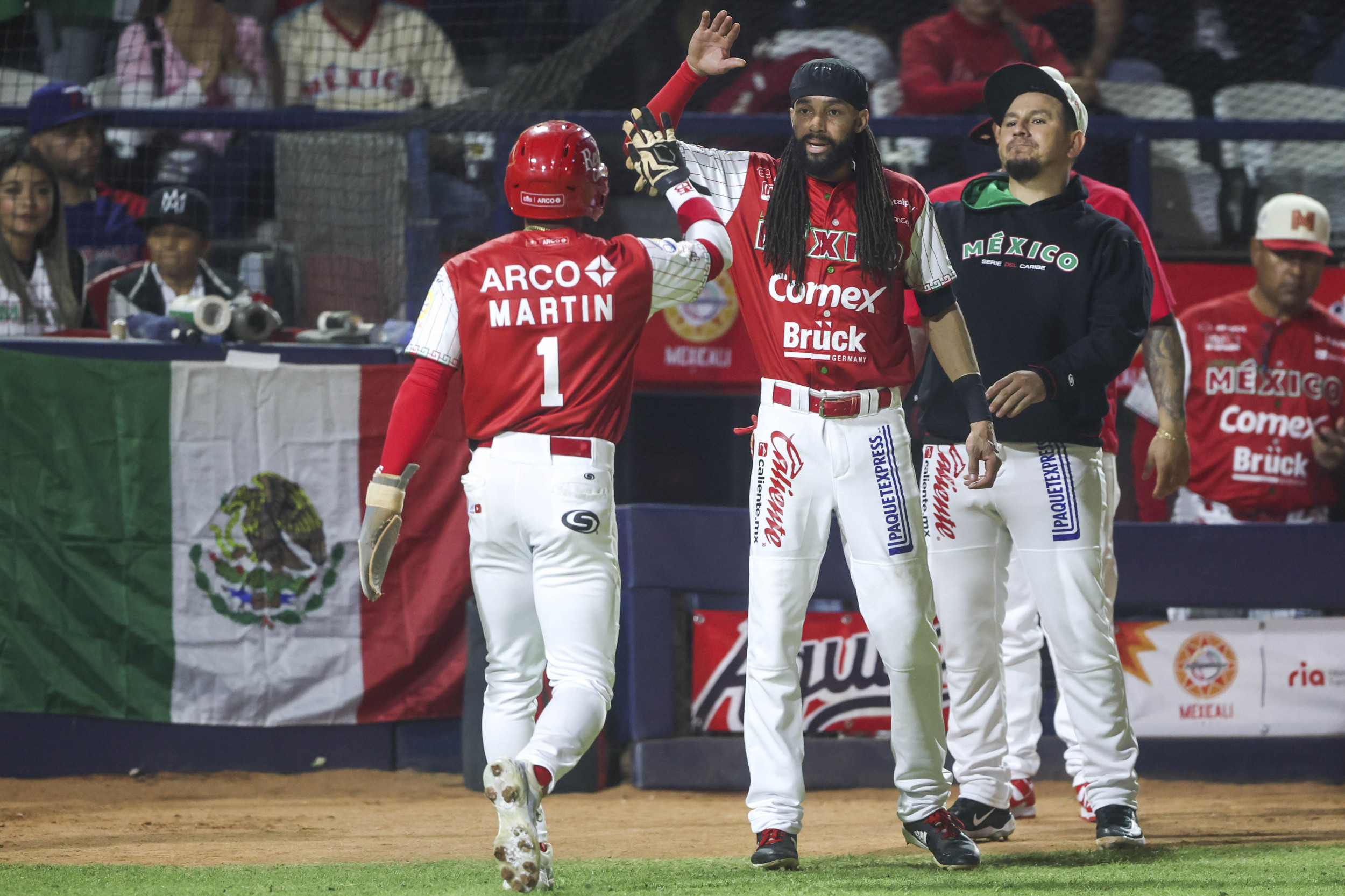


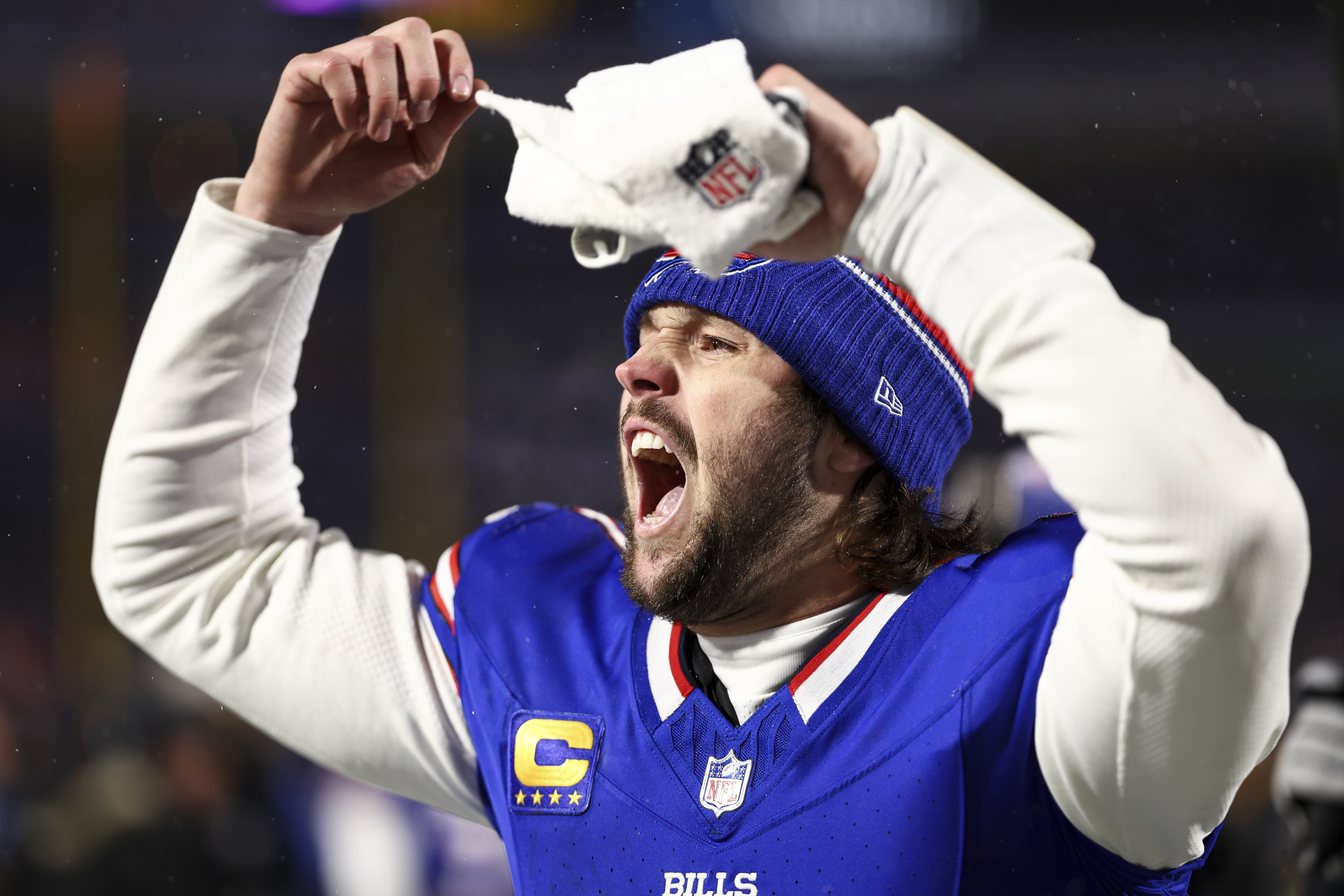

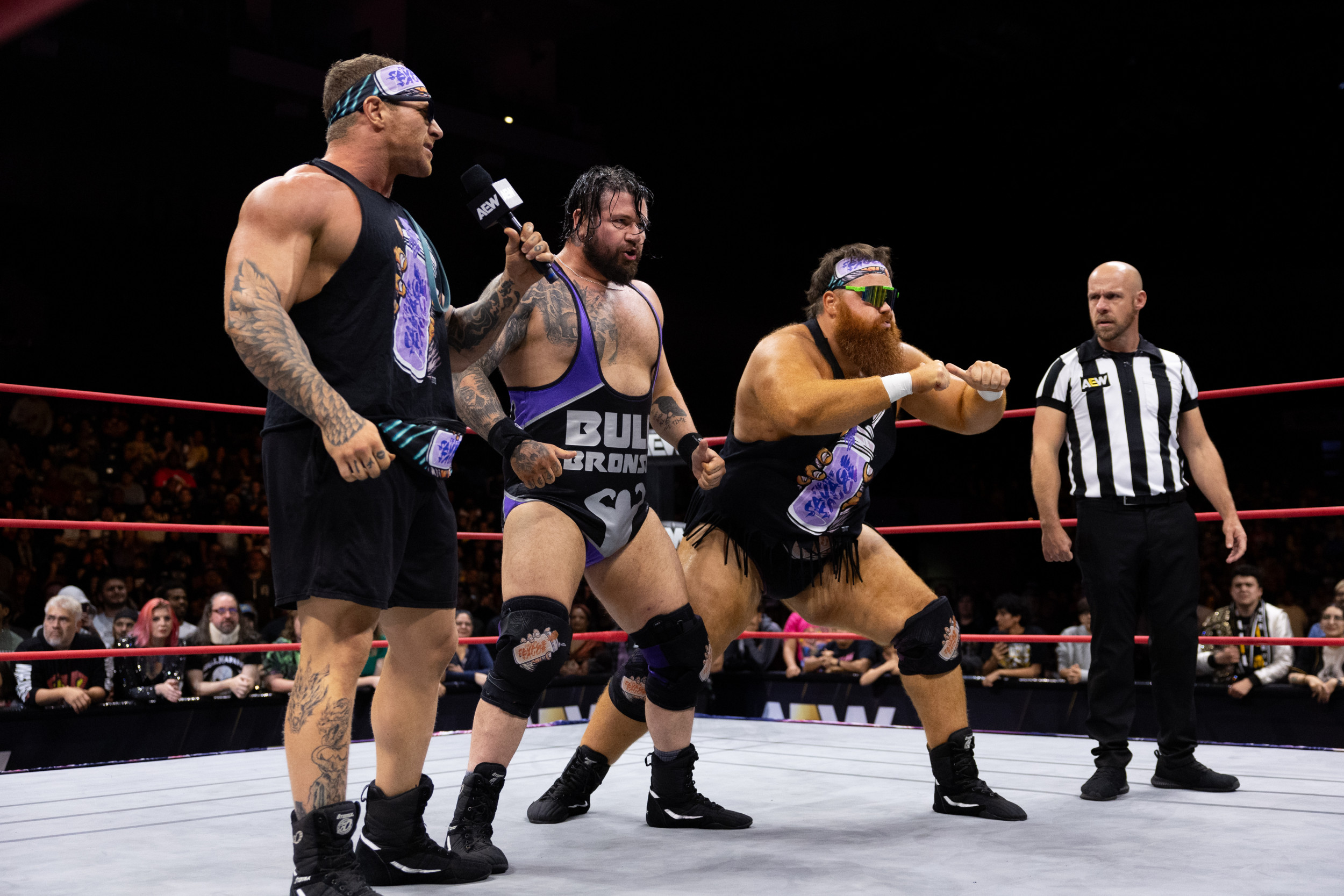


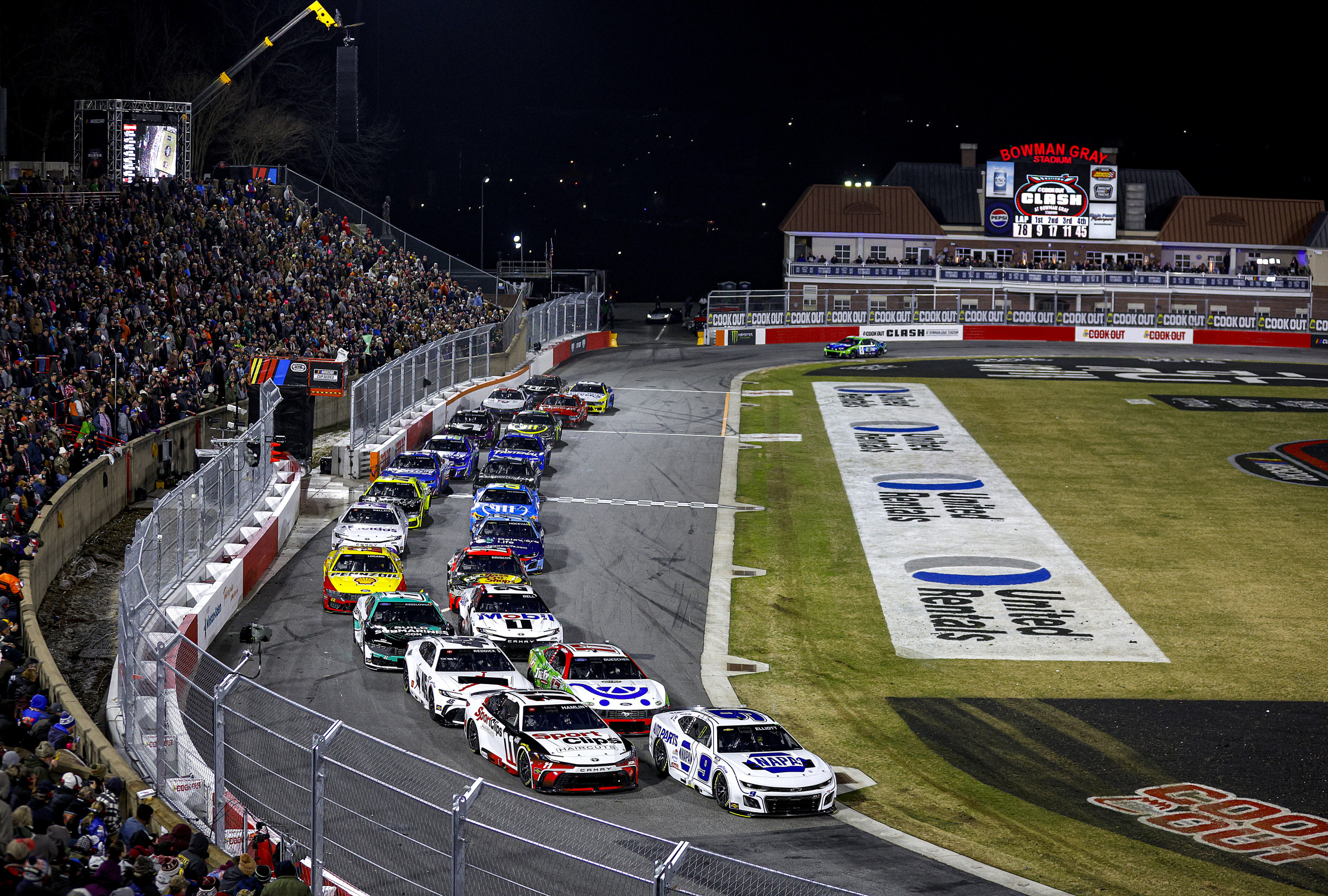
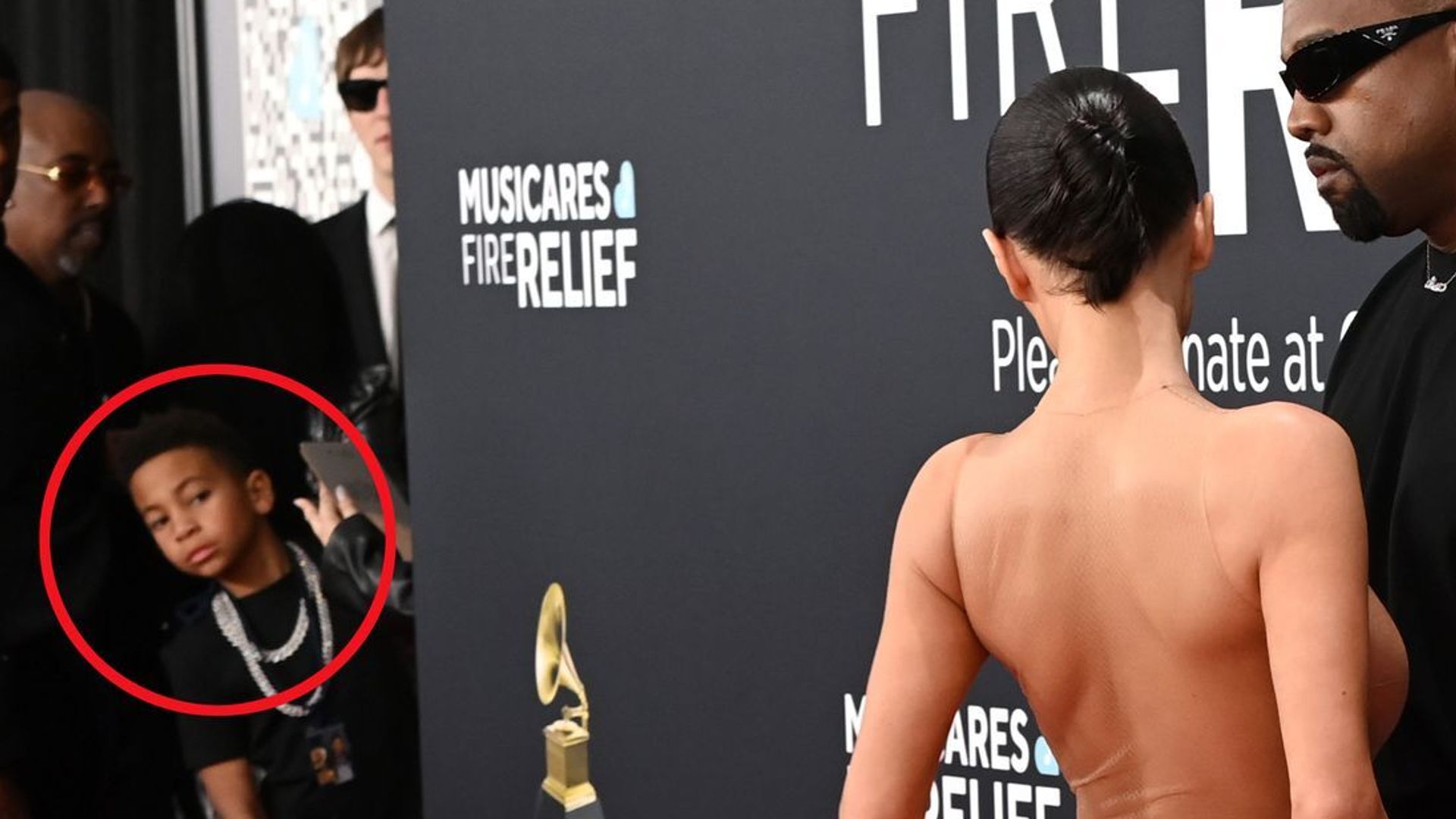)

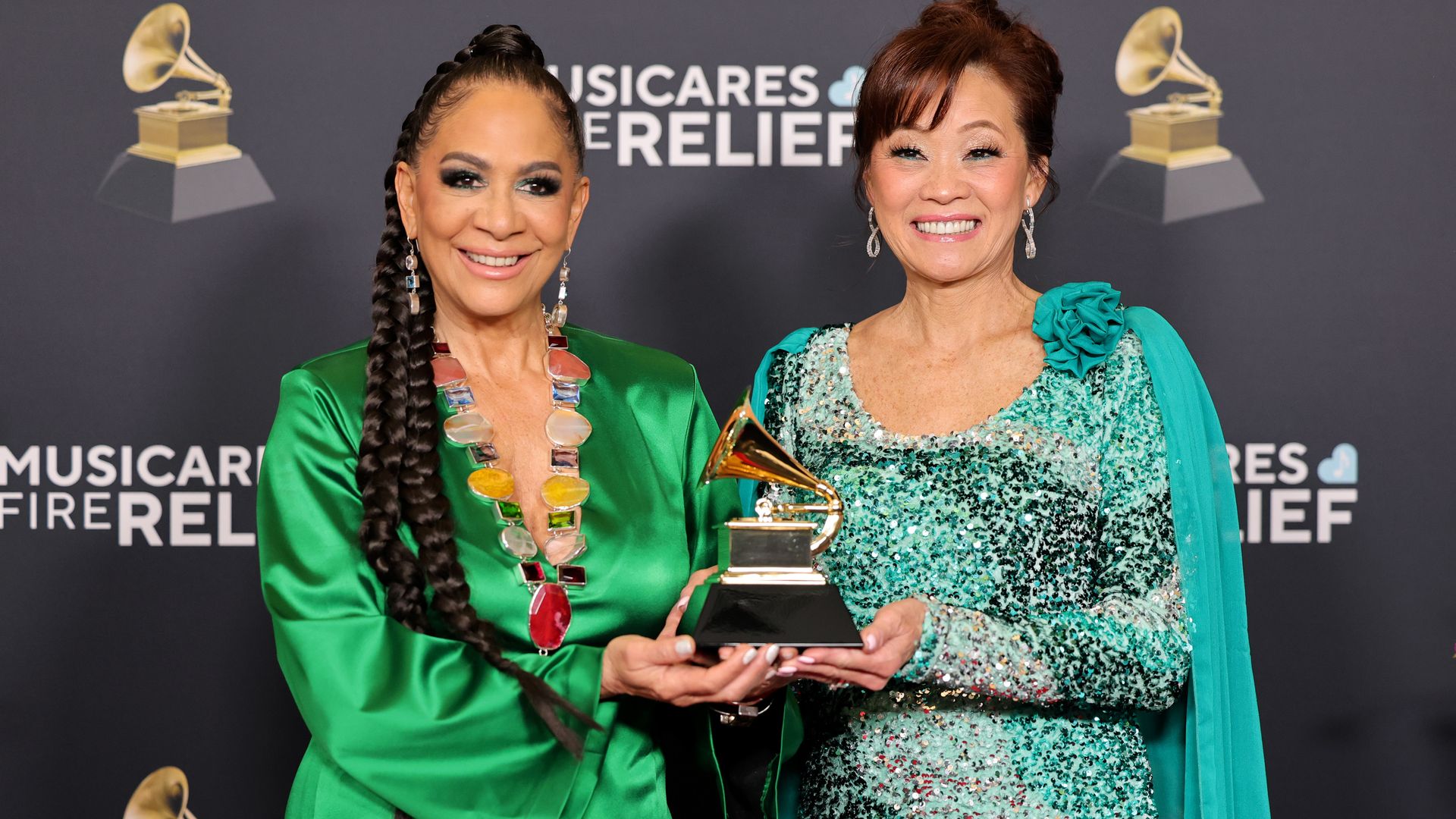)



)

 English (US) ·
English (US) ·